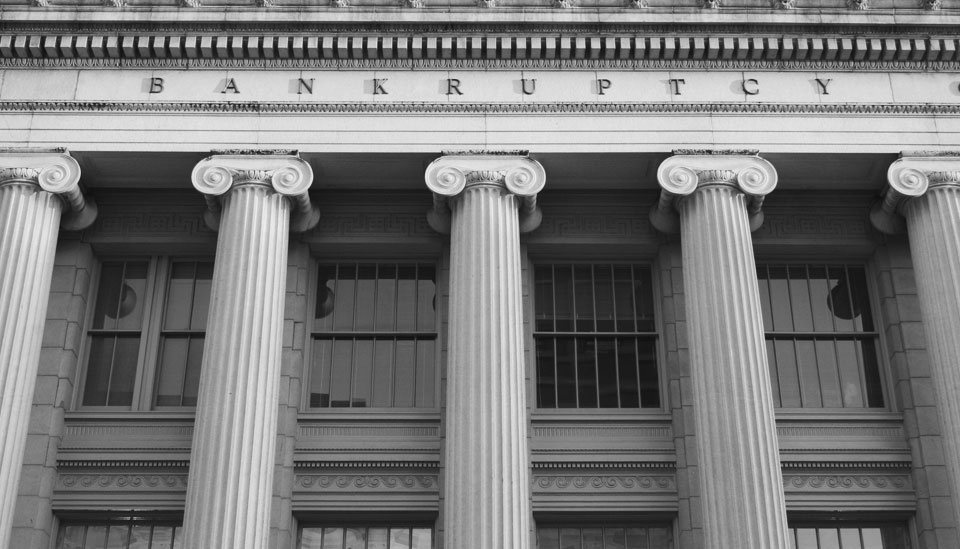
At Leventry, Haschak & Rodkey, LLC we have the ability and experience to support clients in either consumer bankruptcy under chapter 7 and 13 of the bankruptcy code, or represent lenders with creditors rights matters.
What should you know before filing for bankruptcy?
In the case of consumer bankruptcy, we believe that it is necessary for the attorney and client to work closely throughout the entire process. We require that our clients meet with us in person for the initial consultation to provide the necessary information. We do not use telephone conferences and mailings as a substitute for attorney-client interaction. If handled properly, Bankruptcy is an effective means of easing financial difficulties. However, if undertaken without the appropriate information, the bankruptcy process can have unintended and potentially harmful results.
Bankruptcy Law is Federal Statutory Law contained in Title 11 of the United States Code. Bankruptcy proceedings are supervised and regulated by the United States Bankruptcy Courts which are part of the United States District Court System. Johnstown is located in the Western District of Pennsylvania and our Bankruptcy Court is headquartered in Pittsburgh. However, hearings are scheduled in Johnstown for debtors from Cambria, Somerset, Blair, and Bedford counties.
There are two basic types of Bankruptcy proceedings:
- Chapter 7 (liquidation) involves the appointment of a Trustee who collects nonexempt assets and distributes them to creditors. Many consumer debtors are able to exempt all of their assets, and therefore, there is no distribution to creditors.
- Chapters 11, 12, and 13 are designed to permit the debtor to use future income to fund a plan of reorganization, basically a repayment plan of a percentage of your debt.
- Chapter 11 is primarily used by businesses.
- Chapter 12 is available only to family farmers.
- Chapter 13 is designed for consumer debtors.
The goal is getting a discharge granted
The goal of most consumer bankruptcies under both Chapter 7 and 13 is the granting of a discharge. A discharge is a court order that says you do not have to repay your debts, but there are a number of exceptions. Debts which may not be discharged include, for example, most taxes, child support, alimony, and student loans; court-ordered fines and restitution; debts obtained through fraud or deception; and personal injury debts caused by driving while intoxicated or taking drugs. Your discharge may be denied entirely if you, for example, destroy or conceal property; destroy, conceal or falsify records; or make a false oath. Creditors cannot ask you to pay any debts which have been discharged. You can only receive a chapter 7 discharge every six (6) years.

